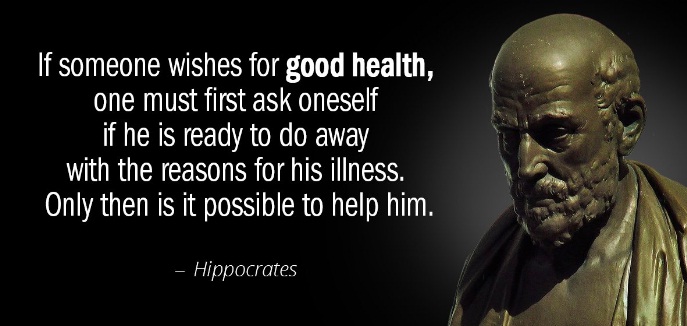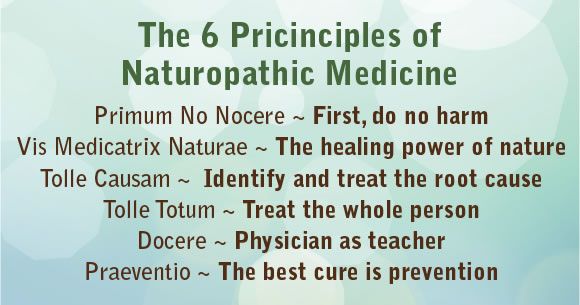
Five friends had gone for a morning trek in a dense forest and somehow managed to get completely lost.Struggling to find their way out of it for good 8 hours, there came a point where they were hungry, thirsty and tired. They desperately needed to get back now. It was getting dark. They decided to strategise a right plan to find the quickest way back.

The first one thought, we must turn around and attempt to go back in exactly the same direction that we came in.
The second one said his gut feeling said, the exit is to their left.
The third one said, I remember in which direction the sun rose when we came and based on that, technically we must turn right.
The fourth one thought, we must keep marching in the same direction as we were already walking since they had already covered a few miles and there has to be an end to the forest soon.
The fifth one, who was the wisest of all, said we must climb a tree, rise above and take a view from the top and find the shortest way out.
In frustration, they all never came on the same page and each one thought he is right, and the others are wrong. None gave up their point of view, disregarded others wrong opinions and went with their own respective ‘rights’.
Each chose his own path.

- The fifth one did find the shortest way to a nearest village, he was wise indeed.
- The fourth one, found a pack of wolves but fought them and learnt how to survive in a forest. He started loving it out there.
- The third one, found another team of hikers, eventually found his way out with them and made new friends too.
- The second one, found a farm and was hosted by a lovely family and spent few of the best days of his life before he headed home.
- The first one, struggled for a good 7 hours, but remembers it as his best night trek ever.
This story reminded us, that everything in life is not about right and wrong.
Rights and wrongs have broken many friendships and spoiled far too many relationships.
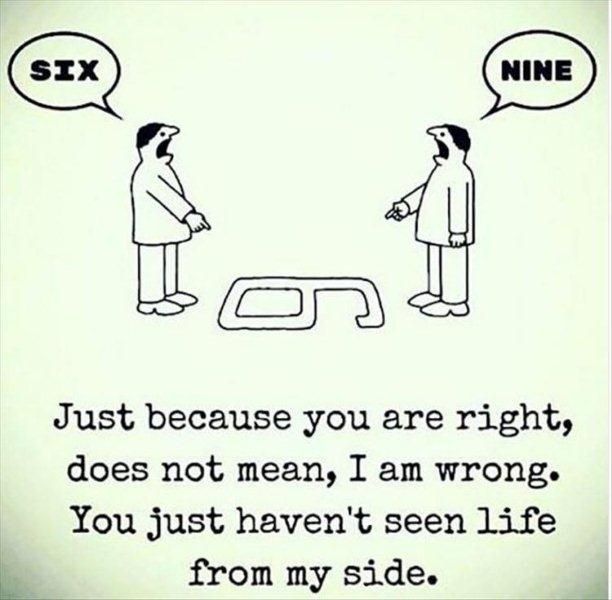
A 6 from my side, looks like a 9 from yours. Let’s not impose our views on others.
We may be the wisest one, and may know the quickest fix, but wisdom is, in letting each one, find their own path.

Suggestions are welcome if they aren’t imposed. We must never judge or label those who disagree with us. Agree to disagree, respectfully.
All roads lead to Rome. And all roads have one common outcome, a worthy experience. _
Every time the dice is rolled, a new experience unfolds. And each one enriches us, in its own unique way and eventually adds to our maturity, wisdom and growth._
Let life unfold for each one of us in its own way. Who are we to conclude who’s right and who’s wrong? Everyone is right, in their own way.
Out beyond the ideas of right and wrong, there is a field. I will meet you there.

Written By: Anugya Dixit. Content Writer
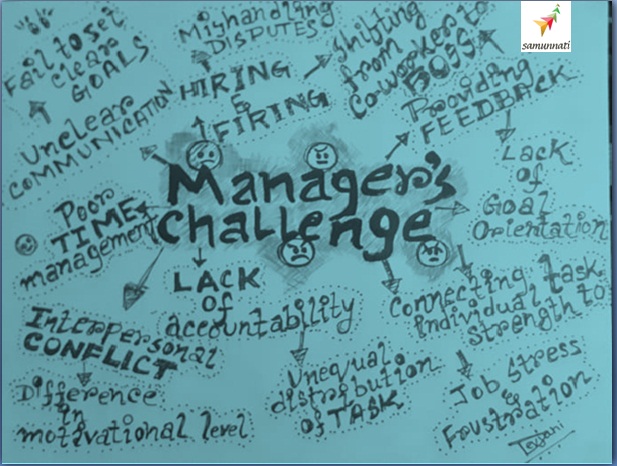

















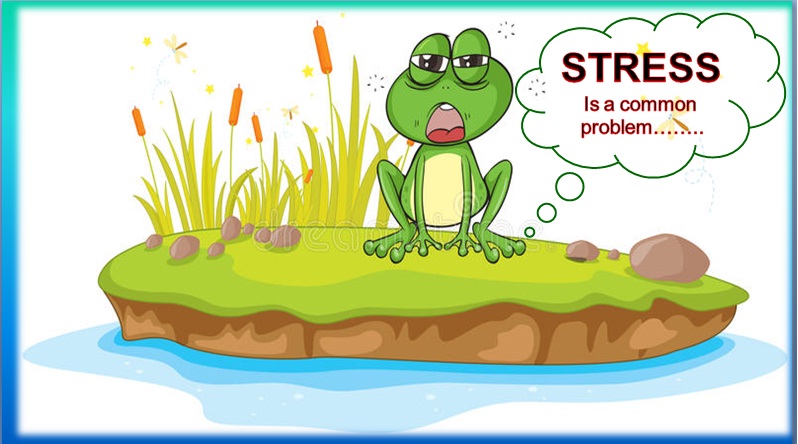
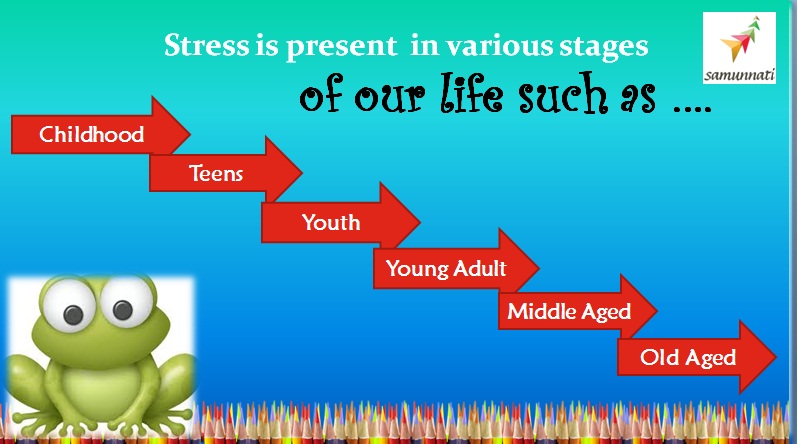
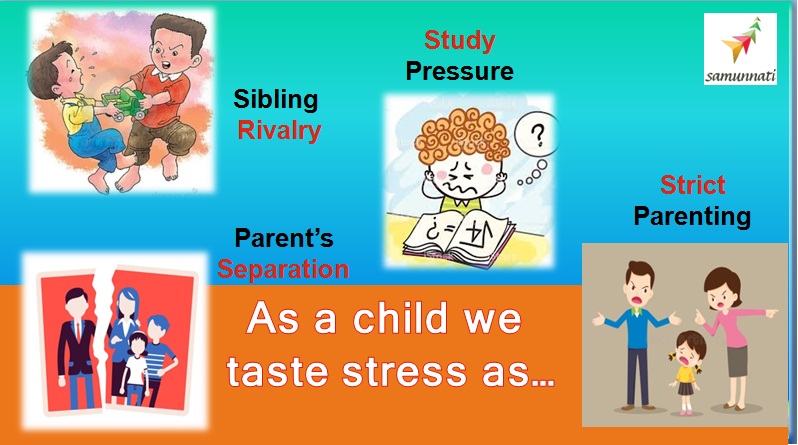
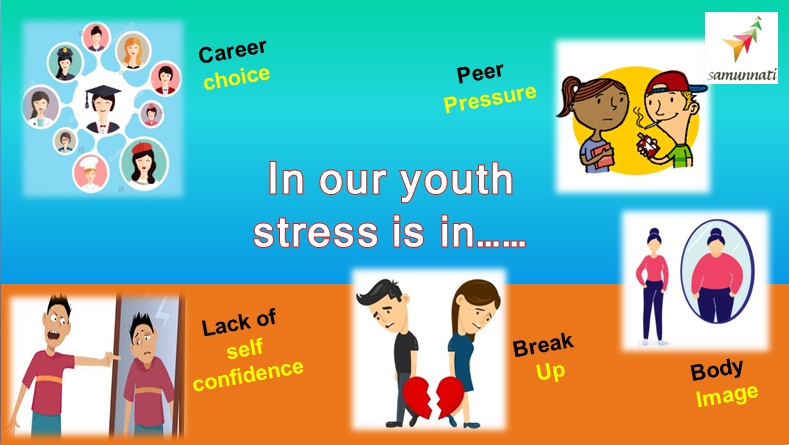
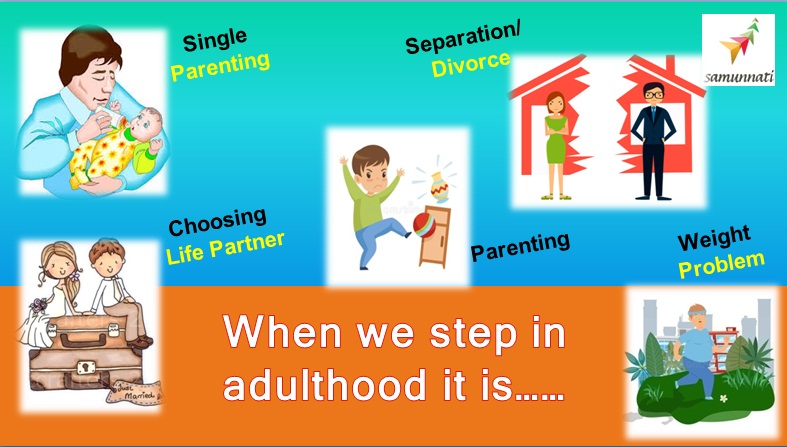
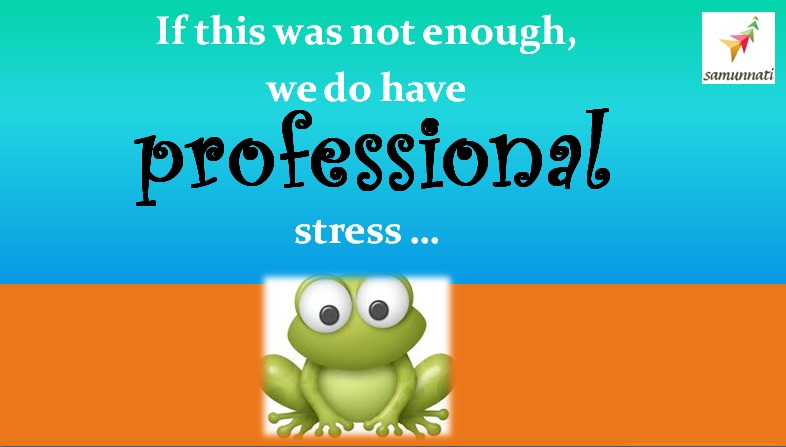
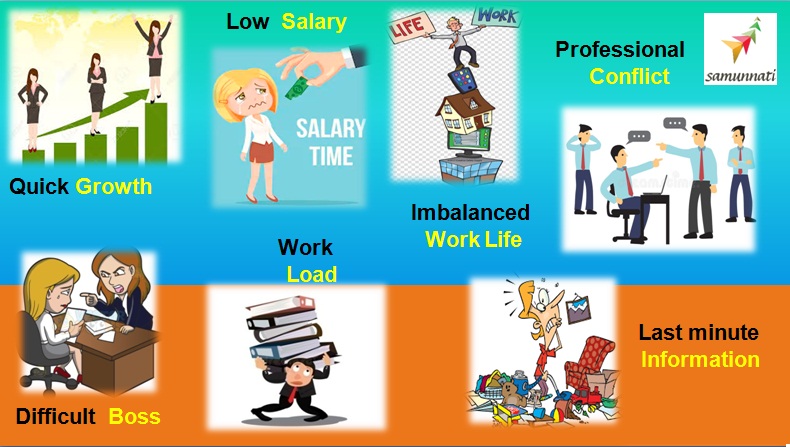
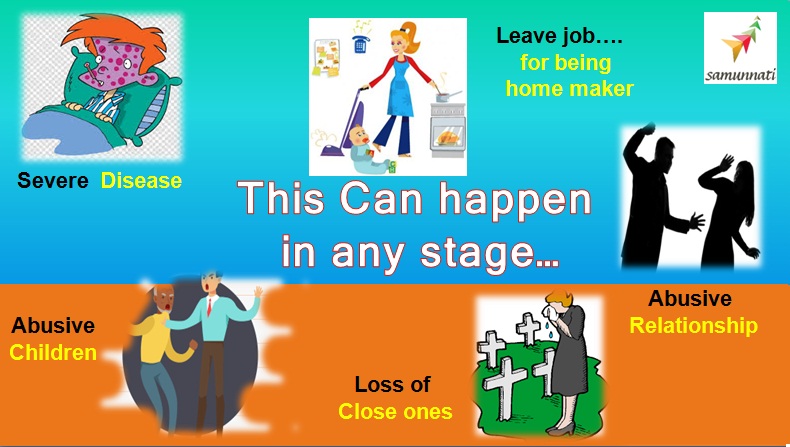
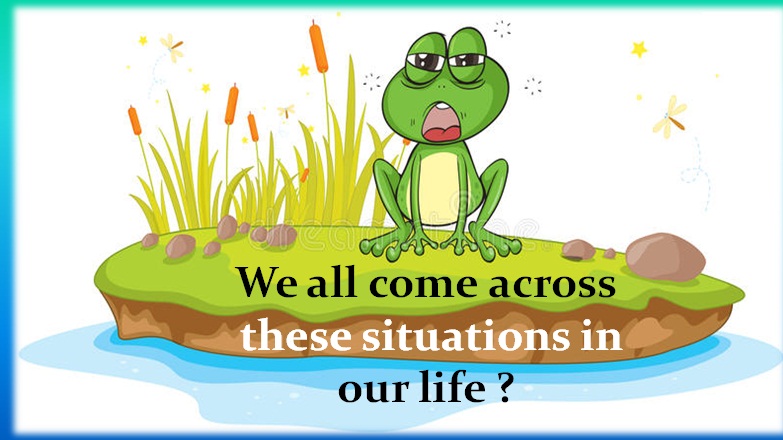
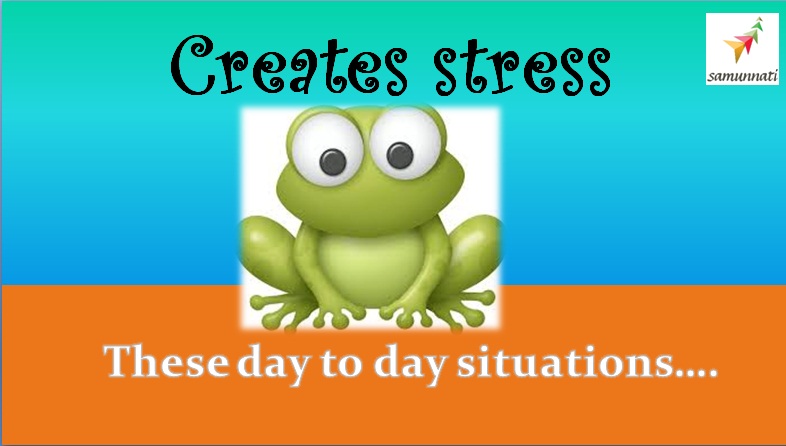
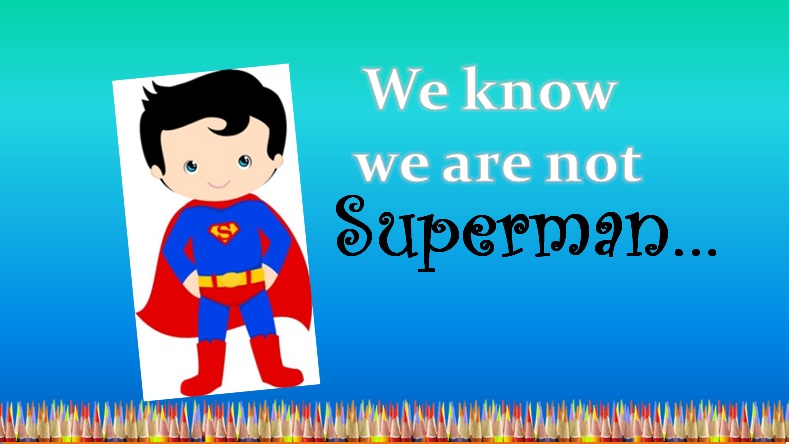
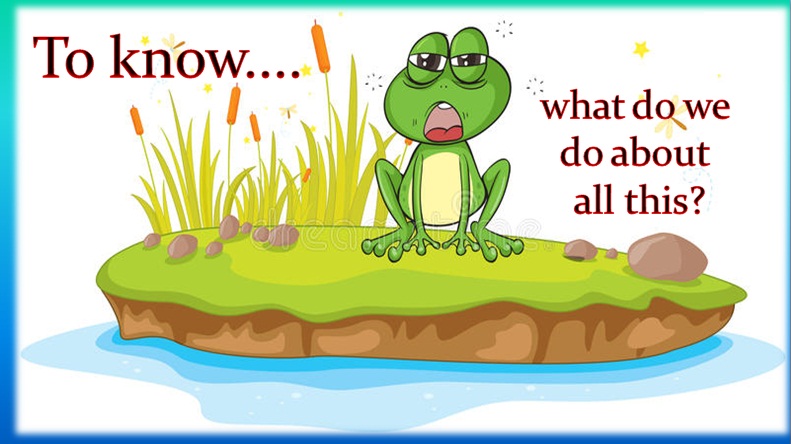
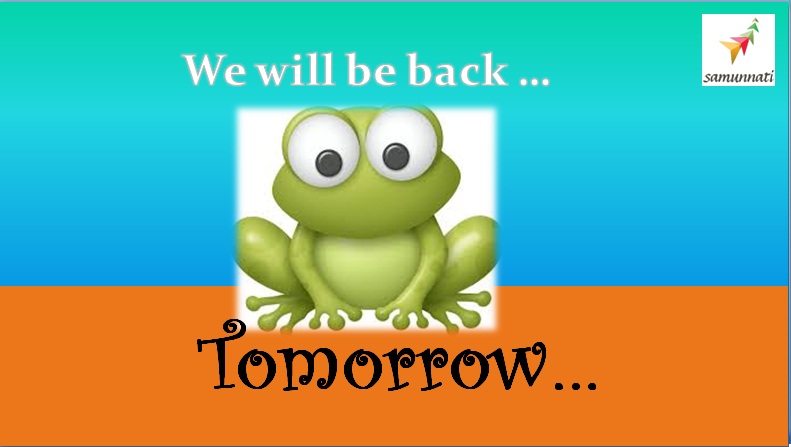








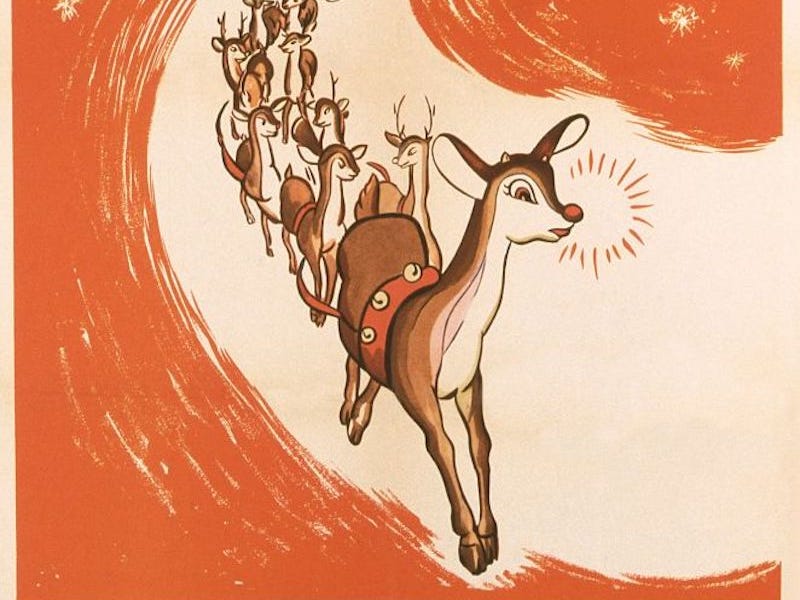


 OR
OR







